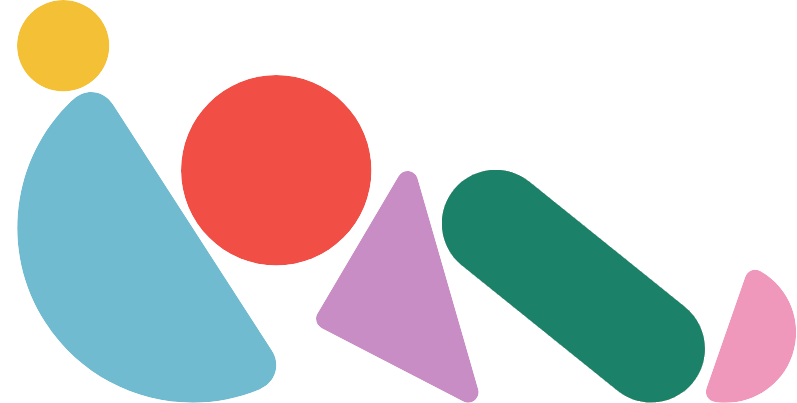One of my earliest memories of joy is waiting for my dad to get home from work every evening so we could sit together, and he could teach me how to read.
I remember the excitement I felt, nestled in his lap in the big chair in our living room, as he showed me how letters and sounds came together to make words. It felt like a puzzle I could learn to put together. Small pieces joining to make bigger pieces that formed something real. And once I understood how the small pieces—the letters—worked, I could start to understand how to put them together. And I could READ WORDS.
My four-year-old brain felt like it was exploding with connections. Nothing was more fun. It seemed like we were cracking codes together. And every night I understood just a little more and was that much closer to being able to crack those codes on my own.
C – A – T
CAT
cat
If I could read that word on the page, I could read it anywhere. Anywhere! I could read it in other books, on signs, in the red letters of the marquee above the little theatre we drove past to come home. I could read it on cereal boxes and newspapers. I could read and recognize it and understand it all by myself.
The sense of freedom and excitement was dizzying. And the more I began to be able to make sense of the sounds of the letters and the words they could form, the more I wanted to read.
The world was opening to me. And I could feel it.
I don’t remember how long it took for me to be able to master the basic sounds and combinations of letters that make the building blocks of reading. I just remember how fun it was, and that I looked forward to that time with my Dad every night.
I also remember thinking that reading was fun and easy, and when I started going to school, learning felt fun and easy too.
Learning to read early and well gave me a head start not just in school, but in life. It was possibly the greatest gift my parents could give me because it made so many important things possible.
The difference between kids who think reading is easy and fun, and who think it’s hard and boring—the kids who do well in school vs. the kids who struggle—is often the beginning of a difference that persists all their lives.
If you can read well, you have access to success in every other subject in school.
If you feel successful in school, you feel smart and competent. If you don’t, you are likely to feel like a failure. This simple but huge difference has a lasting impact on self-esteem. Self-esteem has a powerful effect on every action in life.
There are more tragic outcomes for kids who have difficulty reading, but I’ll save that subject for another post.
Of course, I didn’t know any of this when I sat in my father’s lap after dinner and traced the letters with my little fingers, sounding out words and solving the puzzles using phonics. Starting with three letter words and moving to four letter words, putting together the building blocks of vowels and consonants, until I could make sense of just about any word I ran across, anywhere.
I learned to love reading, and to associate it with happiness and accomplishment. This love of reading has served me all my life. I feel so fortunate to have been given that incredible head start. Learning to read early and well was like being given the keys to life.
We Can Books is here to spread that joy and to help give all children the keys to a happy, successful life. There may be no greater gift you can give a child than the gift of reading. And with it, you can create special moments and memories that last a lifetime.

